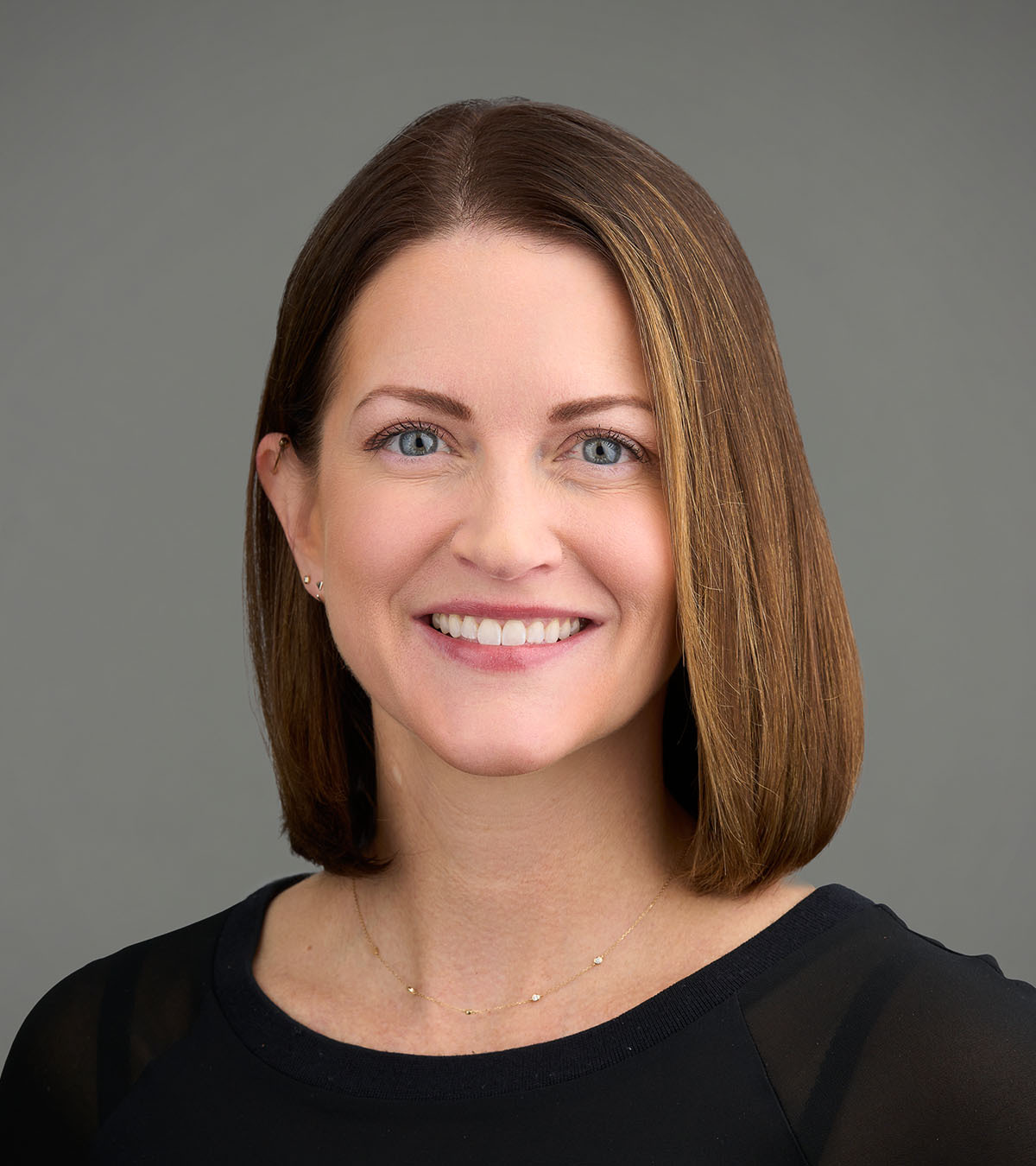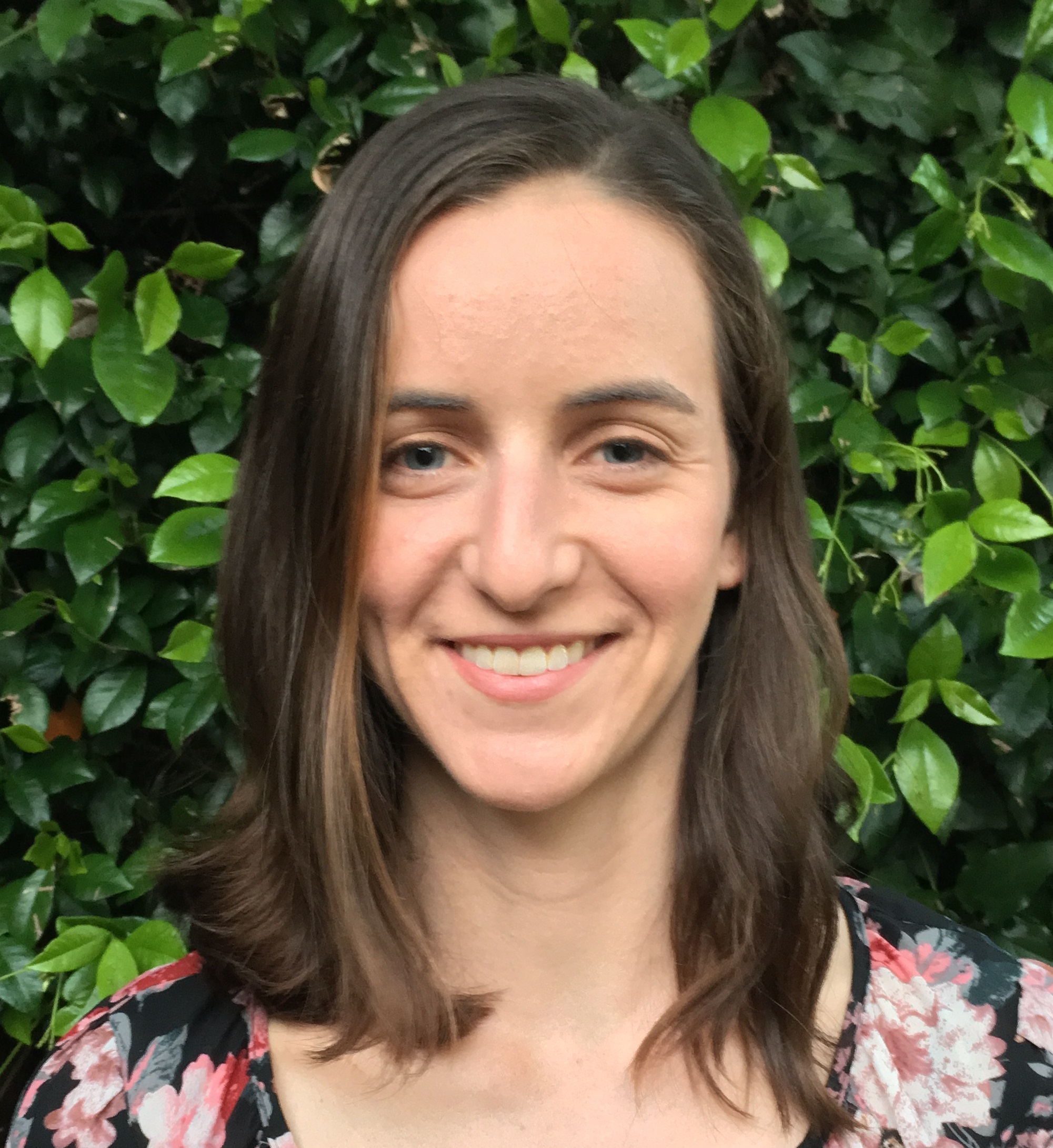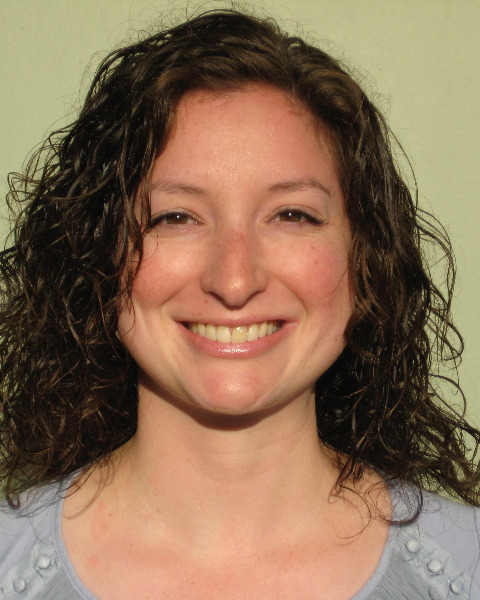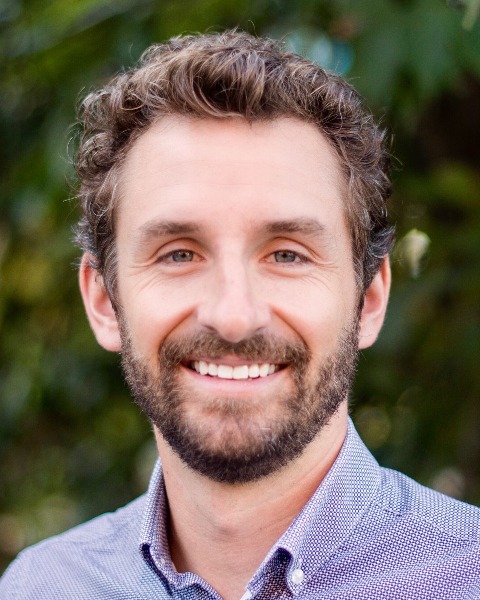
Drug Use in Hospital Settings: Why it Happens and How We Respond
-
Register
- Non-Member - $39
- Regular Member - $29
- Retired - $29
- Early Career Physician - $29
- Resident - $19
- Student - $19
- Associate - $19
- ASAM Staff - Free!
- International Member - $29
- Emeritus Member - $29
- Provisional Member - $29
- Fellow Member - $29
- Honorary Member - $29
- CRT Member - $29

Drug Use in Hospital Settings: Why it Happens and How We Respond
Recorded: Thursday, March 31, 2022 - Sunday, April 3, 2022
On-Demand Session
Overview
This 1-hour, on-demand session from the ASAM 53rd Annual Conference describes approaches to addressing in-hospital substance use in a patient-centered non-stigmatizing way.
Unprescribed substance use during hospitalization is common among people with substance use disorders. During this workshop session, presenters will describe the approaches to in-hospital substance use of their respective institutions. Subsequently, workshop participants will work in small groups to discuss potential best practices on in-hospital substance use, how their own institutions respond to in-hospital substance use, and whether changes to the current approach are needed. Participants will consider steps that they can take on an individual and at a system level, and which stakeholders they should include. Small groups will be invited to share key points from their discussions with the broader audience.
The target audience for this Intermediate level session includes physicians, nurse practitioners, physician assistants, other clinicians, researchers, residents, fellows, students, and counselors.
This session addresses the following ACGME Competencies: Patient Care and Procedural Skills, Practice-based Learning and Improvement, Interpersonal and Communication Skills, Professionalism, System Based Practice.
Learning Objectives
Upon completion, learners will be able to:
- Describe reasons patients use substances in hospital settings.
- Explain varying hospital responses to inpatient drug use.
- List one proposed change they would like to implement in their own institution.
Registration Rates
| Rate Description | Rate |
| ASAM Member | $29 |
| Non-Member | $39 |
| Associate Member | $19 |
| Resident Member* | $19 |
| Student Member* | $19 |
*Residents, Fellows-in-training, Interns, and Students must join ASAM to receive a discounted registration rate. Click here to become an ASAM member. National and Chapter membership dues apply. There is no charge for Students to become a Member, but verification of student status is required.
Membership Question? Call ASAM at 1.301.656.3920, email us, or view the ASAM website for more information.
Refunds & Cancellations
All ASAM e-Learning Center refund requests must be made in writing to education@asam.org within 90 days of purchase. Those requesting refunds for courses that are in progress will receive partial refunds or e-Learning Center credit. Automatic full refunds will be made for any course with a live-course component that has been cancelled.
Registration Deadline: 05/01/2025
Course Instructions
- Click on the Contents tab to watch the on-demand recording.
- Click Complete Post Test to answer multiple choice questions. Participants will have 10 attempts to pass and must answer 2 out of 3 questions correctly.
- Click Complete Evaluation to provide valuable activity feedback. Scroll down on all questions as there may be answer options that expand past the size of the window.
- Click the button Claim Medical Credits in the box titled Claim Credits & Certificate. Choose the type of credit and click submit. Click the button View/Print Certificate to save or print your certificate. You can view/print your certificate at any time by visiting the ASAM eLearning Center, clicking Dashboard, and clicking Transcript/Achievements.
Need Assistance?
For assistance logging in, accessing activities, claiming credit, or for other questions or concerns, please check the FAQ page or e-mail Education@ASAM.org
ASAM is proud to offer Essential Accessibility to ensure our website is accessible and functional for all our learners while providing free assistive technology for people with the widest possible range of abilities.

Elizabeth M. Salisbury-Afshar
MD, MPH, FAAFP, FACPM, DFASAM
Dr.Salisbury-Afshar is an Associate Professor at the University ofWisconsin-Madison. Her work focuses on improving the health and wellbeing ofpeople who use drugs and alcohol. She is a physician who is board-certified inaddiction medicine, family medicine, and preventive medicine/general publichealth, and her expertise lies at the intersection of these fields. Her workincludes patient care, teaching, public health practice, and research relatedto implementation and evaluation of addiction treatment and harm reductionprograms. Dr. Salisbury-Afshar serves as the Program Director of the PreventiveMedicine Residency and as the Medical Director of Harm Reduction Services forthe Wisconsin Department of Health Services Division of Public Health. She has overfourteen years of experience working clinically in federally qualified healthcenters. Her current clinical work includes serving as Medical Directorof a low barrier clinic for people who use drugs and as a physician on theaddiction medicine consult team at UW Hospital. She is also core faculty in theUW Addiction Medicine Fellowship Program.
No relevant financial disclosures.

Hannah Snyder
MD
Hannah Snyder, MD practices primary care and addiction medicine at Zuckerberg San Francisco General Hospital (ZSFG) and is a Clinical Assistant Professor in the Department of Family and Community Medicine at the University of California San Francisco. She is a co-principal investigator of the statewide California Bridge Project. Through this program, she supports acute care hospitals in offering low barrier buprenorphine starts and linkage to ongoing treatment.
She completed Medical School at the University of Chicago, residency in Family and Community Medicine at the University of California San Francisco (UCSF), and a fellowship in Primary Care Addiction Medicine at UCSF. Her clinical work includes addiction consultation in clinic and in the hospital, primary care, and hospital medicine. At ZSFG, Dr. Snyder is the Director of the Bridge Clinic, a low-barrier addiction treatment program focused on patients transitioning from acute care to the community.
No relevant financial disclosures.

Dr. Zoe Weinstein
MD, MS
Zoe M. Weinstein MD, MS is an Assistant Professor of Medicine at Boston University School of Medicine, a graduate of Boston University’s Addiction Medicine Fellowship and board certified in Internal Medicine and Addiction Medicine. Her current clinical work and research are focused on long-term Office-Based Addiction Treatment (OBAT) with buprenorphine, and the development and evaluation of inpatient addiction consult services. She has been the director of Boston Medical Center’s Addiction Consult Service since July 2016.

Paxton Bach
MD, MSc, FRCPC, FASAM
Paxton Bach MD, MSc, FRCPC, FASAM is a Clinical Assistant Professor in the Department of Medicine at the University of British Columbia and a general internist and addiction medicine physician at St. Paul’s Hospital in Vancouver, BC. He additionally serves as the Co-Medical Director for the British Columbia Centre on Substance Use, and is the Director of the BCCSU Clinical Addiction Medicine Fellowship Program.
In addition to his clinical and educational roles, Dr. Bach conducts research on the epidemiology and treatment of substance use disorders, with a focus on opioids and stimulants. He is a clinical research mentor for the International Collaborative Addiction Medicine Research Fellowship, and is involved in a number of ongoing research collaborations within Canada and the United States.
Dr. Bach is certified as a specialist in General Internal Medicine through the Royal College of Physicians and Surgeons of Canada, and an Addiction Medicine specialist through the International Society of Addiction Medicine and the American Board of Preventative Medicine.
No relevant financial disclosures.
CME, CE, CEU and Other Credit Types

ACCME Accreditation Statement
The American Society of Addiction Medicine is accredited by the Accreditation Council for Continuing Medical Education (ACCME) to provide continuing medical education for physicians.
AMA Credit Designation Statement
The American Society of Addiction Medicine designates this enduring material for a maximum of 1 AMA PRA Category 1 Credits™. Physicians should claim only the credit commensurate with the extent of their participation in the activity.
NAADAC, the Association for Addiction Professionals
This activity has been approved by the American Society of Addiction Medicine, as a NAADAC Approved Education Provider, for educational credits. NAADAC Provider #295, ASAM is responsible for all aspects of the programming.
California Association for Drug/Alcohol Educators (CAADE)
This educational program is approved by CAADE: #CP40 999 1222.
California Association of DUI Treatment Centers (CADTP)
This educational program is approved by CADTP: #205.
California Consortium of Addiction Programs and Professionals (CCAPP)
This educational program is approved by CCAPP: #OS-20-330-1222.
Continuing Education Credits (CEUs)
Non-physician participants will receive a certificate of attendance upon completion of the activity and an online evaluation confirming their participation. Participants should submit his/her certificate of attendance to their professional organization/institute.
Maintenance of Certification (MOC) or Continuing Certification Programs (CCP)
American Board of Medical Specialties (ABMS)
Through the American Board of Medical Specialties (“ABMS”) ongoing commitment to increase access to practice relevant Continuing Certification Activities through the ABMS Continuing Certification Directory, The ASAM 53rd Annual Conference has met the requirements as a MOC Part II CME Activity (apply toward general CME requirement) for the following ABMS Member Boards: Allergy and Immunology, Anesthesiology, Colon and Rectal Surgery, Family Medicine, Medical Genetics and Genomics, Nuclear Medicine, Physical Medicine and Rehabilitation, Plastic Surgery, Preventive Medicine, Psychiatry and Neurology, Radiology, Thoracic Surgery, Urology
American Board of Preventive Medicine (ABPM)
The American Board of Preventive Medicine (ABPM) has approved this activity for a maximum of 1 credit towards ABPM MOC Part II requirements.
American Board of Anesthesiology (ABA)
This activity contributes to the CME component of the American Board of Anesthesiology’s redesigned Maintenance of Certification in Anesthesiology TM (MOCA®) program, known as MOCA 2.0®.
American Board of Pediatrics (ABP)
Successful completion of this CME activity, which includes participation in the activity, with individual assessments of the participant and feedback to the participant, enables the participant to earn a maximum of 1 MOC point in the American Board of Pediatrics’ (ABP) Maintenance of Certification (MOC) program. It is the CME activity provider’s responsibility to submit participant completion information to ACCME for the purpose of granting ABP MOC credit.
American Board of Internal Medicine (ABIM)
Successful completion of this CME activity, which includes participation in the evaluation component, enables the participant to earn up to 1 Medical Knowledge MOC point in the American Board of Internal Medicine’s (ABIM) Maintenance of Certification (MOC) program. Participants will earn MOC points equivalent to the amount of CME credits claimed for the activity. It is the CME activity provider’s responsibility to submit participant completion information to ACCME for the purpose of granting ABIM MOC credits.
American Board of Surgery (ABS)
Successful completion of this CME activity, which includes participation in the evaluation component, enables the learner to earn credit toward the CME and/or Self-Assessment requirements of the American Board of Surgery’s Continuous Certification program. It is the CME activity provider's responsibility to submit learner completion information to ACCME for the purpose of granting ABS credit.
American Board of Psychiatry and Neurology (ABPN)
Successful completion of this CME activity can be used to satisfy the American Board of Psychiatry and Neurology’s (ABPN) CME requirement for Maintenance of Certification program.
American Board of Addiction Medicine (ABAM)
Successful completion of this activity can be used to satisfy the American Board of Addiction Medicine (ABAM) Tmoc credit requirements.
Royal College of Physicians and Surgeons of Canada (RCPSC)
Royal College Fellows can use participation in Accredited Continuing Medical Education to earn Section 3 Credits.
Disclosure Information
In accordance with disclosure policies of ASAM and the ACCME, the effort is made to ensure balance, independence, objectivity, and scientific rigor in all CME activities. These policies include mitigating all possible relevant financial relationships with ineligible companies for the Planning Committees and Presenters. All activity Planning Committee members and Faculty have disclosed relevant financial relationship information. The ASAM CME Committee has reviewed these disclosures and determined that the relationships are not inappropriate in the context of their respective presentations and are not inconsistent with the educational goals and integrity of the activity.

